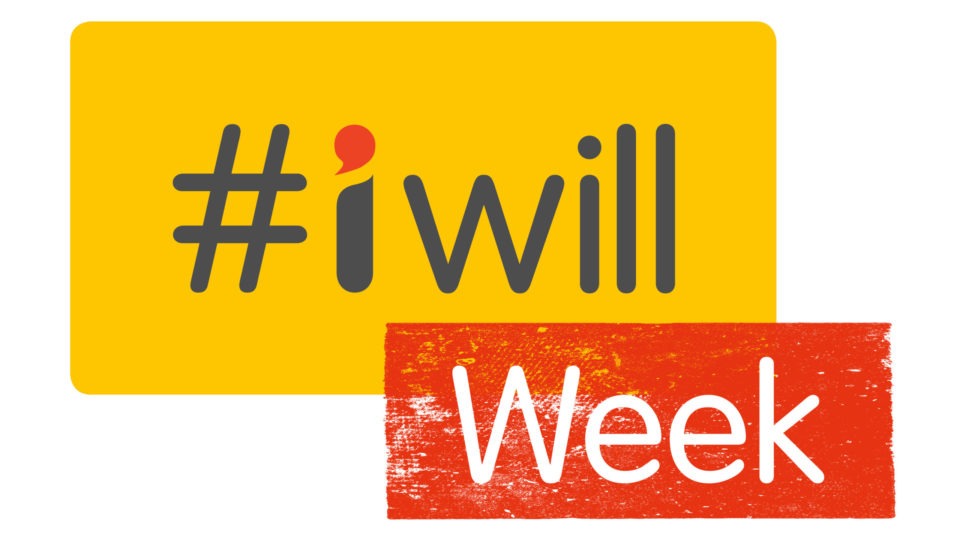by Eddy Hogg
I write this during #iWillWeek. A week which celebrates young people and the impact they have on the communities and causes they care about. But do all young people have the same opportunities to volunteer? To make a difference to things that matter to them?
Young volunteering approaches
We know that there is a relationship between social class and volunteering. What we don’t know is at what age and why the engagement gap emerges. We need to.
Government policies and the activities of volunteer managers on the ground often seek to encourage young people to volunteer. Policy is focused on widening participation to include under-represented groups. In recent years, National Citizen Service, which includes a ‘social action project’, has come to dominate central government’s youth work spending.
Getting policy and practice right is important. Investing resources effectively in encouraging young people to volunteer is likely to have an impact long beyond youth and young adulthood. If we want people from all backgrounds – not just more advantaged groups – to be able to access the benefits of volunteering, we need to understand how best to do this. For volunteer managers, knowing where best to focus their efforts to harness both short- and long-term volunteering commitment is invaluable.
Our research findings
Research by me and Rob de Vries finds a clear relationship between socio-economic advantage and volunteering by young people, but one that is far from straightforward. During Key Stage 3, when the role of school as a route into volunteering is strong for all socio-economic groups, we find little difference in engagement between young people from different backgrounds.
The role that schools play in encouraging children to volunteer gets smaller in Key Stages 4 and 5, as exam and other pressures loom larger. At this stage community groups and organisations become more significant as a pathway to engagement and socio-economic differences reappear. This matters. The patterns established at this time persist throughout adulthood.
The role of schools
This makes the role of schools – and the organisations who work with schools – vital. They are the most egalitarian way for volunteer managers and volunteer involving organisations to access a range of young people and encourage them to take part in volunteering opportunities. When this is left to community groups and organisations, we see clear class differences in who engages. This is regardless of the best intentions of volunteer managers.
We therefore argue those who seek to get more young people volunteering should focus their energies on working with schools to access and attract young people. The encouragement and support which eliminates significant socio-economic differences in Key Stage 3 should continue throughout young people’s school careers through to age 18.
Post-18
Schools, and the volunteer managers and voluntary organisations who work with them, should also think about how they can encourage and support young people to continue volunteering post-18. This may mean community groups and organisations working in partnership with schools and each other to ensure that young people from all backgrounds – not just the most advantaged socio-economic groups – are aware of and feel comfortable in the kinds of organisations that can support a longer-term commitment to volunteering.
I’m delighted to be sharing my expertise at AVM’s November 2018 event, where I’ll be discussing how these recommendations can be put into practice. I hope to see you there.
About Eddy

Eddy Hogg is Lecturer at the University of Kent’s Centre for Philanthropy, and shared his thoughts on how organisations can best attract young volunteers from a wide range of social backgrounds at an AVM event in 2018. Tweet to @beardyeddy





